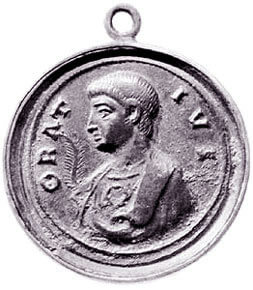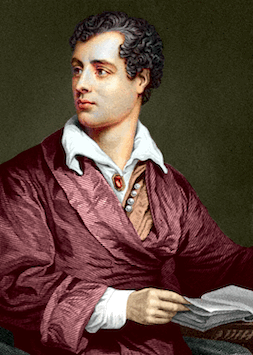Carpe diem
What's the meaning of the phrase 'Carpe diem'?
'Carpe diem' is usually translated from the Latin as 'seize the day'. However, the more pedantic of Latin scholars may very well seize you by the throat if you suggest that translation.
'Carpe' translates literally as 'pluck', with particular reference to the picking of fruit, so a more accurate rendition is 'enjoy the day, pluck the day when it is ripe'. The extended version of the phrase 'carpe diem, quam minimum credula postero' translates as 'pluck the day, trusting as little as possible in the future'.
'Carpe diem' isn't understood by everyone but it is widely used. This might explain why there are more Google searches for this little expression that bring people to this website than there are for any other phrase.
The meaning is similar to that of many proverbs that we continue to use in English and is an encouragement to make good use of our time. The implication being that our time on Earth is short and we should make good use of it. Other such proverbs are:
The early bird catches the worm.
Gather ye rosebuds while ye may', and so on.
What's the origin of the phrase 'Carpe diem'?
 The original source for this Latin phrase is the lyric poet Quintus Horatius Flaccus (65 BC – 8 BC), more widely known as Horace. The term is first found in Odes Book I:
The original source for this Latin phrase is the lyric poet Quintus Horatius Flaccus (65 BC – 8 BC), more widely known as Horace. The term is first found in Odes Book I:
Dum loquimur, fugerit invida
Aetas: carpe diem, quam minimum credula postero.
This quotation translates as:
While we're talking, envious time is fleeing: pluck the day, put no trust in the future.
Many authors have quoted the Latin original, but it was Lord Byron's use of the phrase that first began its integration into English. He included it in his 1817 work 'Letters', published in 1830 by Thomas Moore:
"I never anticipate, - carpe diem - the past at least is one's own, which is one reason for making sure of the present."
 The noble George Gordon Noel, sixth Baron Byron, is better known as a womaniser than as a Latin scholar. Nevertheless. he was well versed in the language and was a Horace aficionado.
The noble George Gordon Noel, sixth Baron Byron, is better known as a womaniser than as a Latin scholar. Nevertheless. he was well versed in the language and was a Horace aficionado.
Byron was taught Latin as a child by the son of his boot-maker and went on to write his version of Horace's Ars Poetica (The Art of Poetry), as 'Hints from Horace', in 1811.
See also - Latin Phrases in English.
See also: the List of Proverbs.


